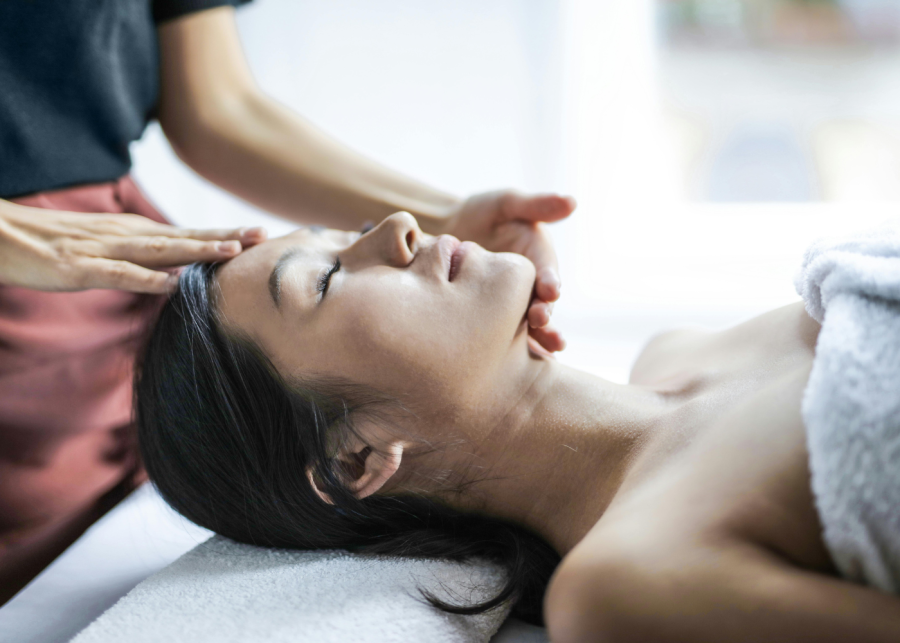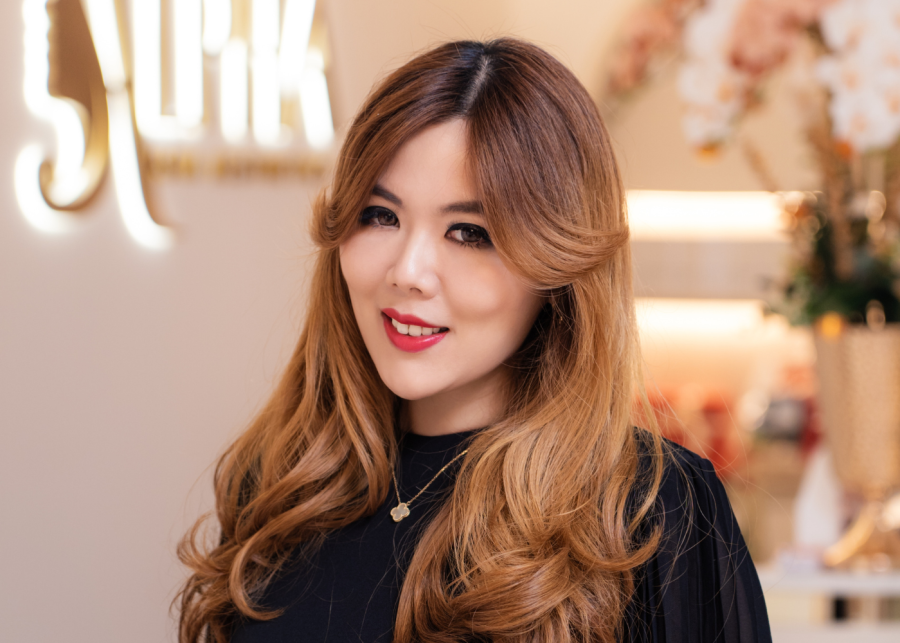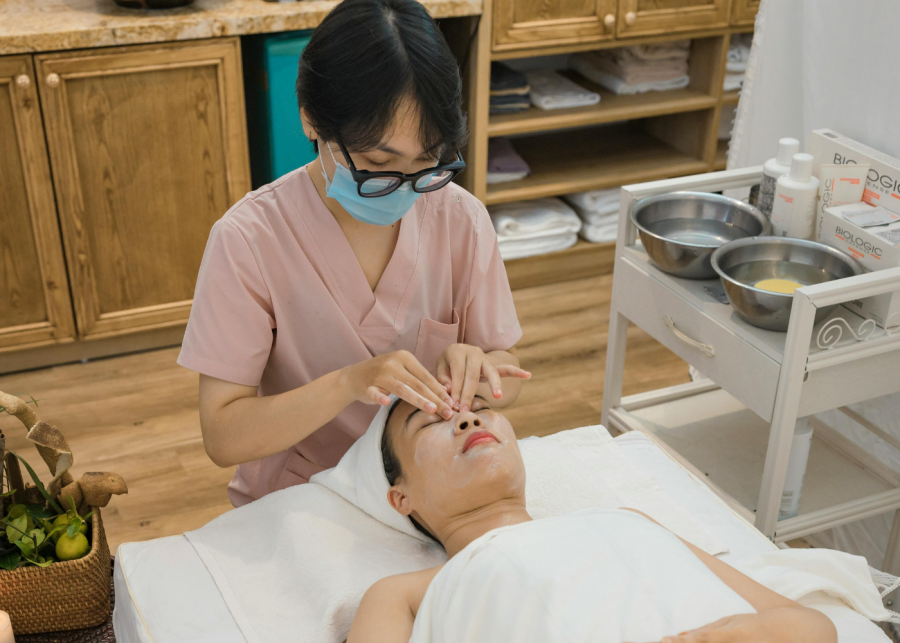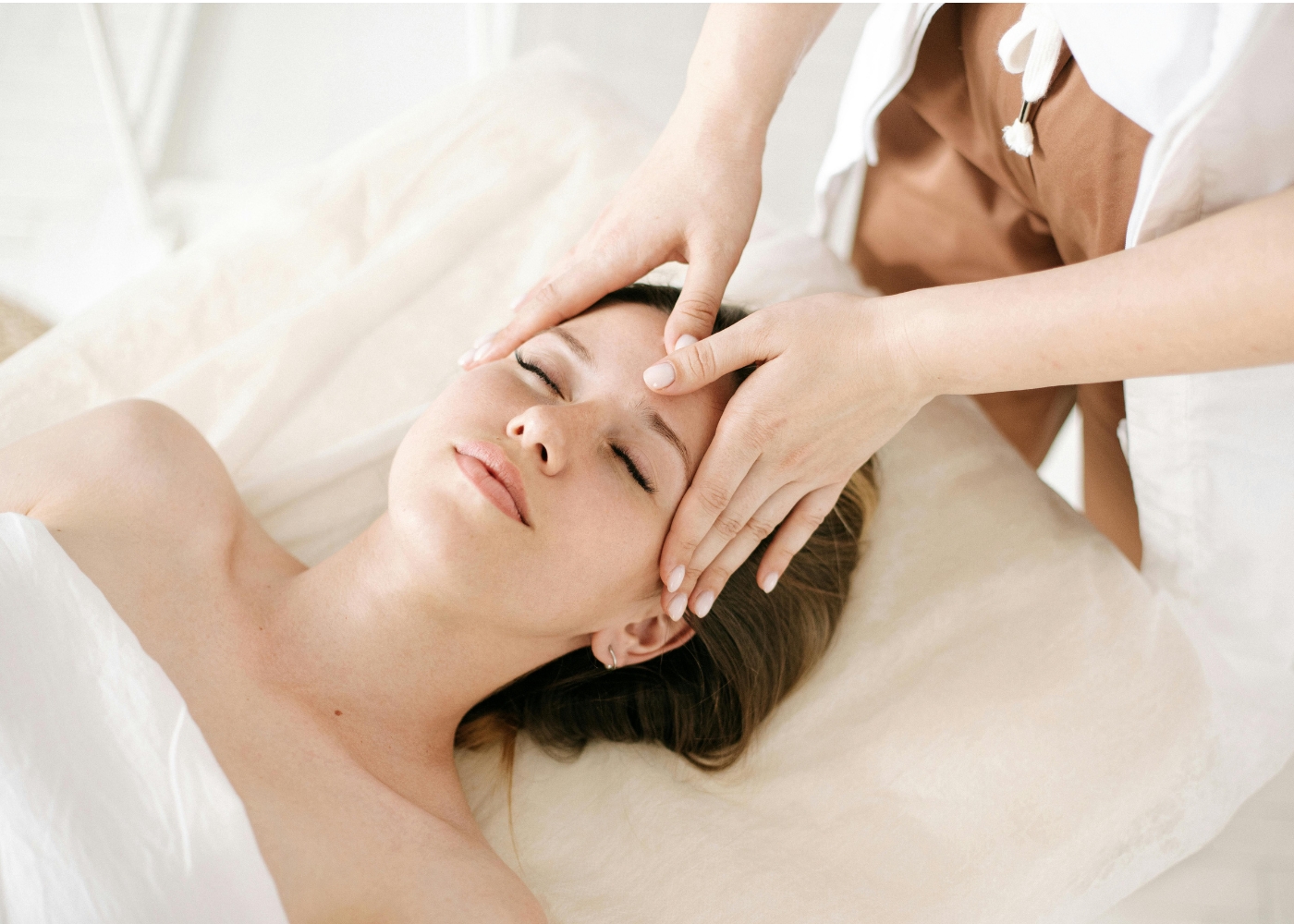
We demystify laser treatments with answers to your concerns from a doctor.
When you hear “laser,” sci-fi movies might come to mind – but in aesthetics, laser treatments are far less intimidating. They are a great option for common skin concerns like pigmentation, acne, uneven tone, and enlarged pores. We spoke with Dr Jeanel Goh, Founder and Medical Director of Alpha Asia Aesthetics, to break it down. With over six years of experience in aesthetic medicine, Dr Jeanel focuses on natural-looking results and patient-centred care. For more skin insights, check out our guides on aesthetic clinics in Singapore and trending aesthetic treatments in Singapore.
What is a laser treatment?
She breaks it down simply: lasers use focused light energy to target specific concerns, whether that’s pigmentation, acne, uneven skin tone, enlarged pores, or even hair removal. Depending on the wavelength and type of laser used, treatments can either resurface the skin, stimulate repair, or work beneath the surface without damaging surrounding tissue.
Clearing up common myths about laser treatments
The word laser often makes people nervous. Many assume it means harsh procedures with weeks of downtime. Dr Jeanel assures us that this isn’t the case: “Modern laser technology is highly customisable. Many treatments today are gentle, safe, and come with minimal downtime.” Another misconception? That lasers thin the skin. In reality, toning lasers are designed to be skin-friendly and may encourage healthier skin over time.
What common concerns do lasers tackle?

In Singapore, the most common questions Dr Jeanel hears are about pigmentation (like melasma and freckles), acne and acne scars, uneven tone, and enlarged pores. For many, these are long-term concerns that skincare alone can’t fully resolve — and that’s where lasers come in.
Lasers aren’t one-size-fits-all. Broadly, they fall into three categories:
- Pigment or vascular lasers: targeting melanin or blood vessels.
- Ablative lasers: resurfacing the skin by removing outer layers.
- Non-ablative lasers: working deeper with little to no surface disruption.
Some clinics use hybrid lasers. These are advanced devices that combine multiple wavelengths to address several concerns.
How lasers compare to other treatments

Lasers are often considered a good entry point into aesthetics. As Dr Jeanel explains, “Each technology has its place – we combine them to achieve the best outcome for each patient.”
Things to know before you book
If you’re curious about lasers, here are a few key points to keep in mind:
Consult first: Not every laser suits every skin type. A qualified doctor will recommend the right option for you.
Be patient: Results aren’t instant. Multiple sessions may be needed, especially for long-standing pigmentation.
Lifestyle matters: Sun protection and good skincare habits play a big role in how effective your results will be.
Aftercare is simple: Most patients are advised to avoid excessive sun, keep skin hydrated, and stick to gentle products. Some may experience mild redness or peeling for a few days, depending on the laser used.
At the end of the day, lasers are not a quick fix but an evolving tool in modern aesthetics. With the right guidance and expectations, they can be an effective way to support healthier, clearer, and more radiant skin.
FAQs on Laser Treatments in Singapore
Are laser treatments painful?
Some treatments may cause a slight tingling or warm sensation, but discomfort levels depend on the type of laser used. Most clinics will use a numbing cream to ease the process.
How many sessions are usually needed?
This varies depending on the concern, skin type, and the specific laser used. Your doctor will usually advise based on your individual needs.
What’s the downtime like?
It depends on the laser. Some treatments have little to no downtime, while others may cause mild redness or peeling for a few days. Proper aftercare – like sun protection and hydration – is always important.
Are lasers safe for all skin types?
Not every laser is suitable for every skin tone or condition. That’s why it’s important to consult a qualified practitioner who can recommend an approach tailored to your skin.

